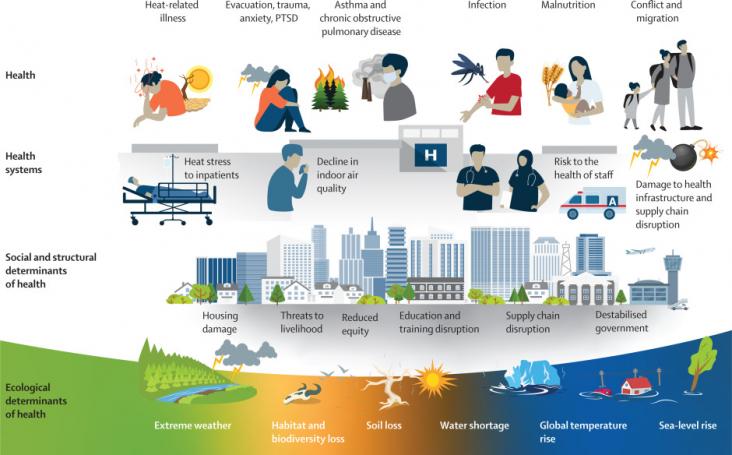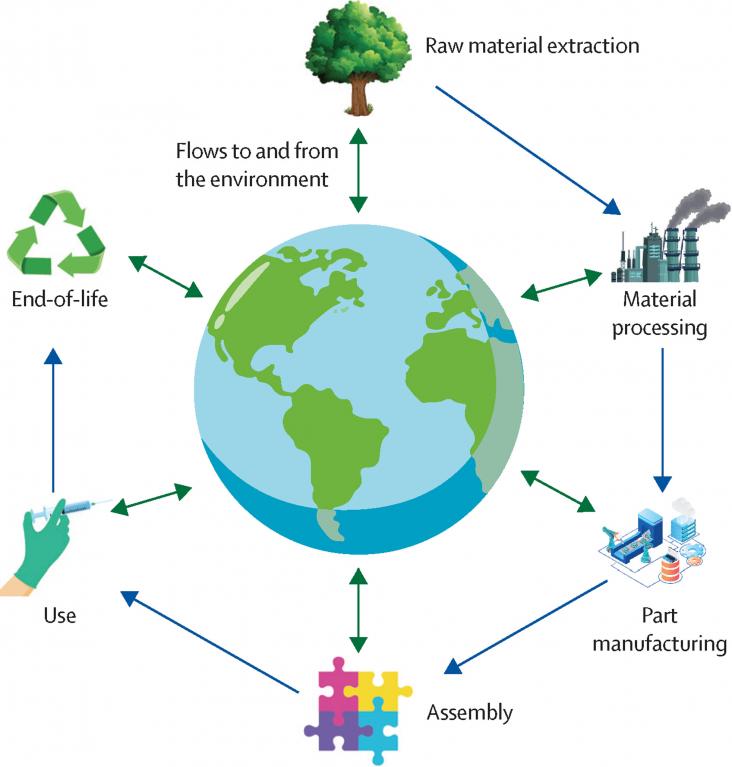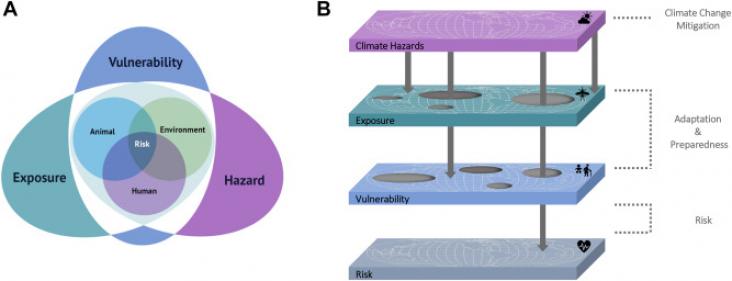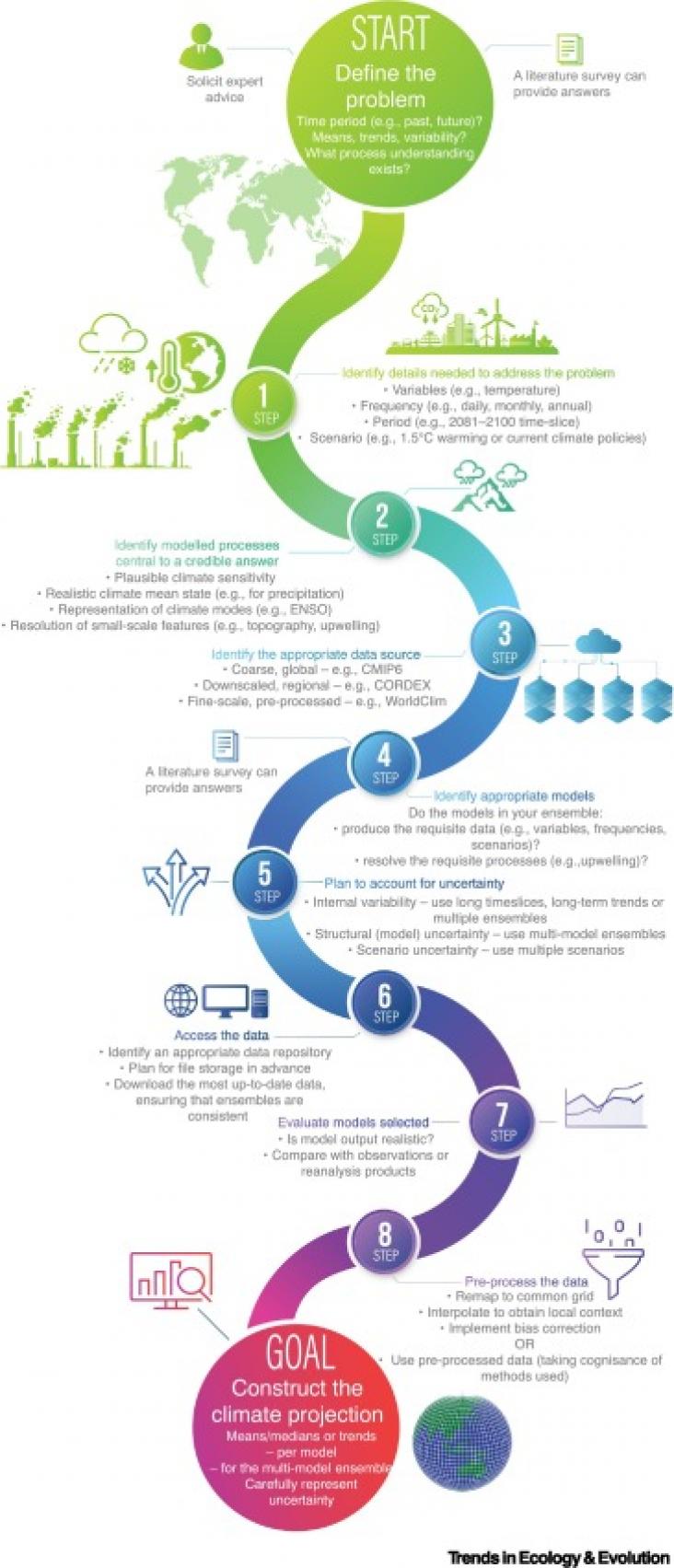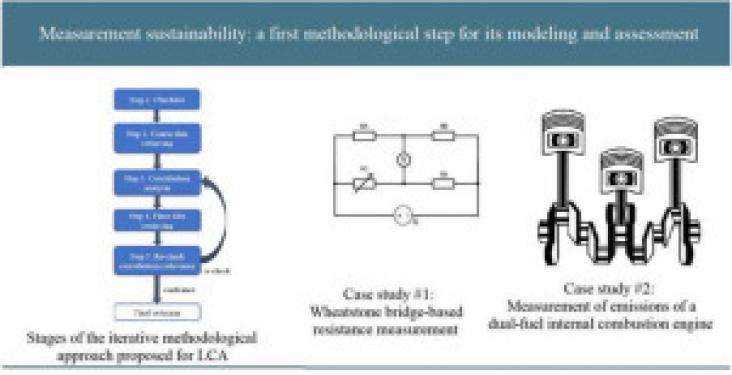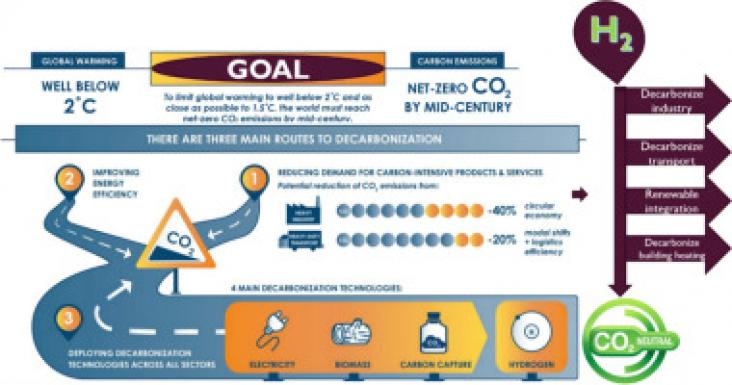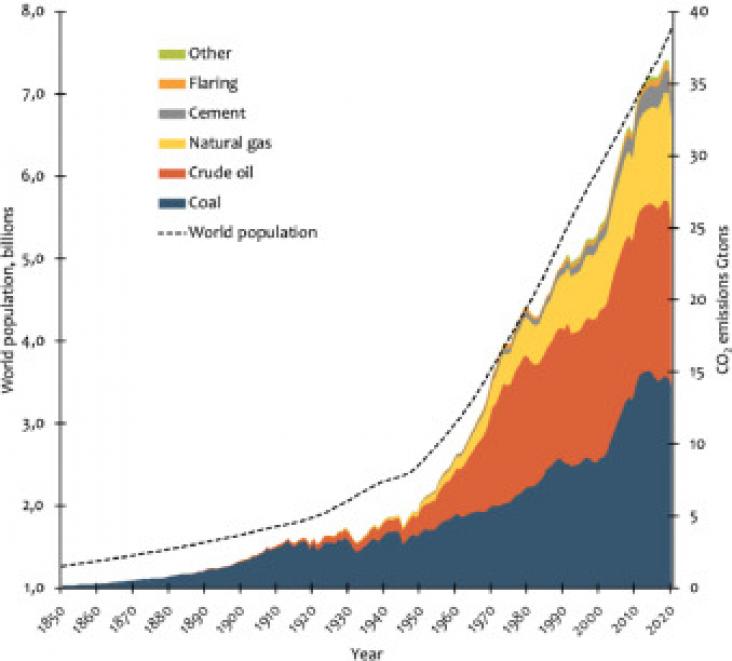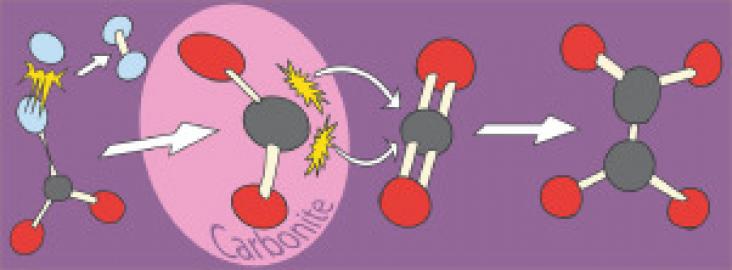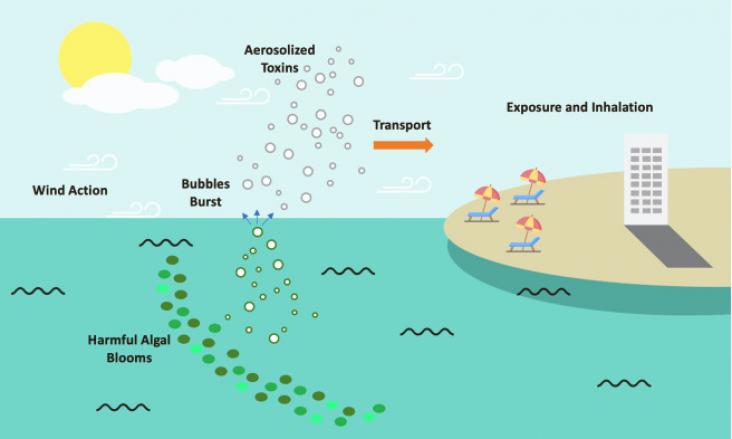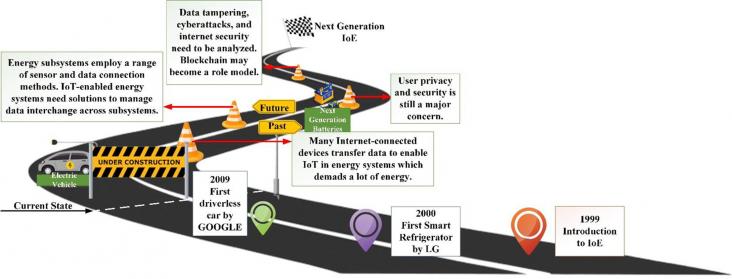The Lancet Global Health, Volume 11, July 2023
The Lancet Regional Health - Europe, Volume 31, August 2023
eBioMedicine, Volume 93, July 2023
The Lancet Regional Health - Western Pacific, Volume 36, July 2023
The Lancet Global Health, Volume 11, March 2023
The Lancet Planetary Health, Volume 7, February 2023
The Lancet Planetary Health, Volume 6, December 2022
The Lancet Planetary Health, Volume 6, December 2022
The Lancet, Volume 400, 5 November 2022
The Lancet Public Health, Volume 7, November 2022
The Lancet Regional Health - Western Pacific, Volume 28, November 2022
The Lancet Planetary Health, Volume 6, October 2022
Cell Reports Physical Science, Volume 4, 18 October 2023
Cell Reports Physical Science, Volume 4, 20 September 2023
Cell Reports Physical Science, Volume 4, 16 August 2023
Cell Reports Physical Science, Volume 4, 19 July 2023
Advances in Applied Energy, Volume 9, February 2023
Journal of Asian Earth Sciences: X, Volume 8, 1 December 2022
One Earth, Volume 6, 15 September 2023
Journal of Climate Change and Health, Volume 13, 1 September 2023
Journal of Climate Change and Health, Volume 12, 1 July 2023
One Earth, Volume 6, 16 June 2023
One Earth, Volume 6, 16 June 2023
One Earth, Volume 6, 21 April 2023
Journal of Climate Change and Health, Volume 10, 1 March 2023
Journal of Climate Change and Health, Volume 10, 1 March 2023
One Earth, Volume 6, 17 February 2023
Journal of Climate Change and Health, Volume 9, 1 January 2023
One Earth, Volume 5, 16 December 2022
Journal of Climate Change and Health, Volume 5, February 2022
Journal of Climate Change and Health, Volume 3, August 2021
The Lancet Regional Health - Europe, Volume 31, August 2023
Trends in Ecology and Evolution, Volume 38, September 2023
Journal of Responsible Technology, Volume 14, July 2023
Measurement: Journal of the International Measurement Confederation, Volume 209, 15 March 2023
Measurement: Sensors, Volume 25, February 2023
Sustainable Chemistry for Climate Action, Volume 2, January 2023
Sustainable Chemistry for Climate Action, Volume 2, January 2023
Sustainable Chemistry for Climate Action, Volume 1, January 2022
Journal of Responsible Technology, Volume 14, July 2023
Measurement: Journal of the International Measurement Confederation, Volume 209, 15 March 2023
Measurement: Sensors, Volume 25, February 2023
The Lancet Regional Health - Europe, Volume 31, August 2023
Sustainable Chemistry for Climate Action, Volume 1, January 2022
Sustainable Chemistry for Climate Action, Volume 2, January 2023
Sustainable Chemistry for Climate Action, Volume 2, January 2023
eBioMedicine, Volume 93, July 2023
Trends in Ecology and Evolution, Volume 38, September 2023
The Lancet Regional Health - Western Pacific, Volume 36, July 2023
The Lancet Regional Health - Europe, Volume 31, August 2023
Energy and AI, Volume 14, October 2023
Energy and AI, Volume 12, April 2023
Energy and AI, Volume 11, January 2023
Energy and AI, Volume 8, May 2022
Energy and AI, Volume 5, September 2021
Energy and AI, Volume 3, March 2021
Energy and AI, Volume 1, August 2020
Energy and AI, Volume 1, August 2020
Solar Energy Harvesting, Conversion, and Storage: Materials, Technologies, and Applications, Volume , 1 January 2023
Advances in Electronic Materials for Clean Energy Conversion and Storage Applications, Volume , 1 January 2023
Power System Protection in Future Smart Grids: Achieving Reliable Operation with Renewable Energy, Electric Vehicles, and Distributed Generation, Volume , 1 January 2023
Non-Destructive Testing and Condition Monitoring Techniques in Wind Energy, Volume , 1 January 2023
Wind Energy Engineering: A Handbook for Onshore and Offshore Wind Turbines, Volume , 1 January 2023
Amita Nakarmi, Sushil Kanel, Mallikarjuna N. Nadagouda, Tito Viswanathan,
Chapter 7 - Applications of conventional and advanced technologies for phosphorus remediation from contaminated water,
Editor(s): Uma Shanker, Chaudhery Mustansar Hussain, Manviri Rani,
In Micro and Nano Technologies,
Green Functionalized Nanomaterials for Environmental Applications,
Elsevier,
2022,
Pages 181-213,
ISBN 9780128231371
Nanomaterials for Carbon Dioxide Capture and Conversion Technologies, 2023, pp 25-61
Hydrogen Economy (Second Edition), pages 511-535
Energy Management in Homes and Residential Microgrids, pages 79-140
Urban Climate Adaptation and Mitigation, 2023, Pages 1-22
Negative Emissions Technologies for Climate Change Mitigation, 2023, pages 1-18
eBioMedicine, Volume 93, July 2023
Energy and AI, Volume 3, March 2021
International Journal of Greenhouse Gas Control, Volume 108, June 2021
International Journal of Greenhouse Gas Control, Volume 108, June 2021


